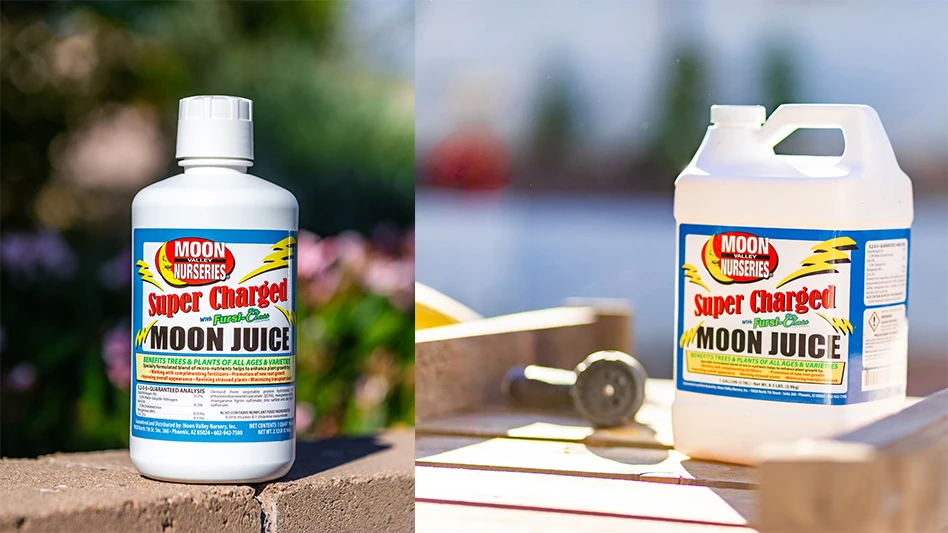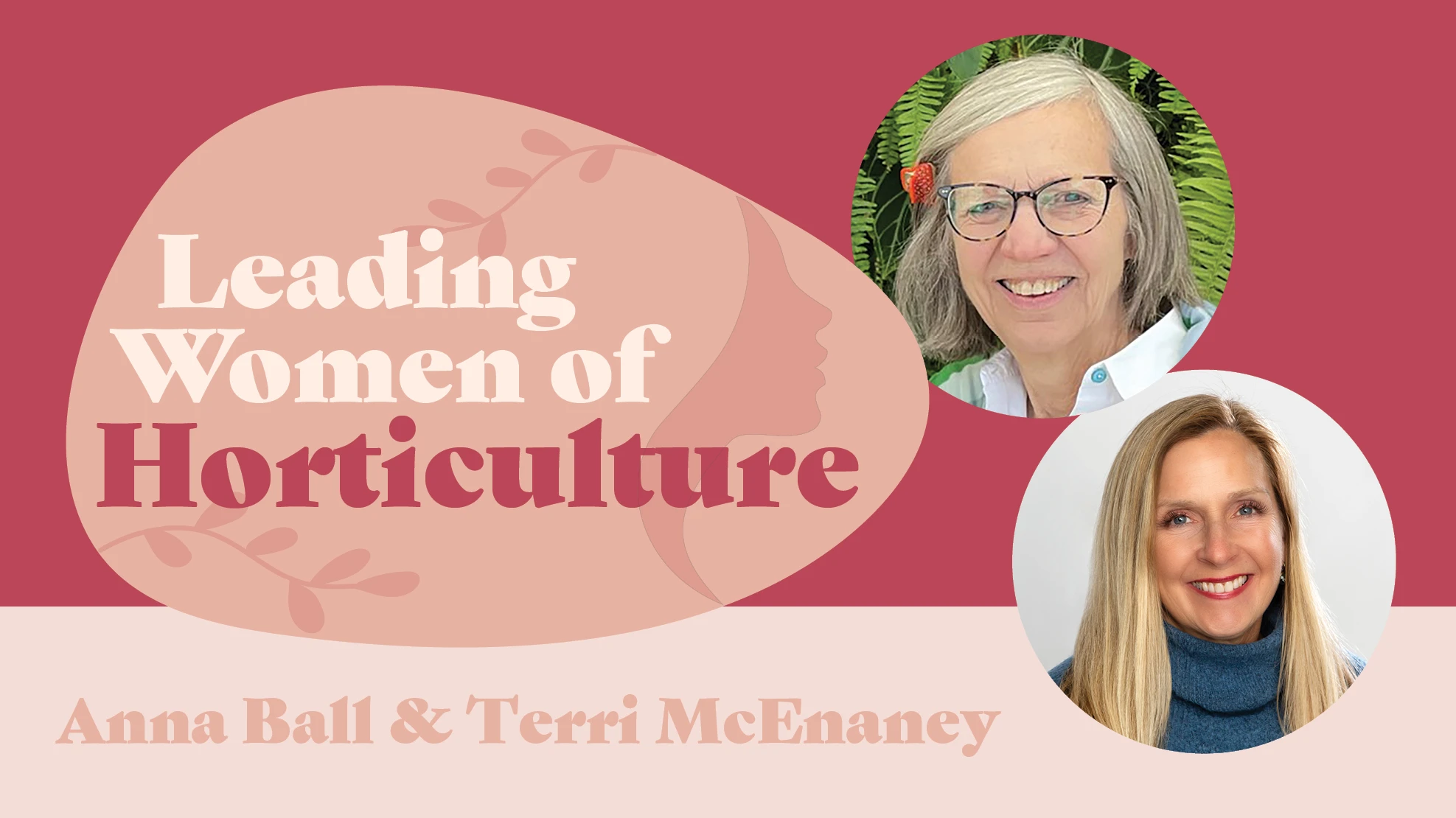 Q: This year you introduced a “No Hassle Return” policy where customers who have the product and receipt can return plants, and even trees, shrubs and perennials that have been in the ground a year. How is that going so far?
Q: This year you introduced a “No Hassle Return” policy where customers who have the product and receipt can return plants, and even trees, shrubs and perennials that have been in the ground a year. How is that going so far?
A: Some people would say, “Boy you picked some year to do it.” But actually it was a fabulous year to do it because it has taken the confrontation away. In the past when a customer walked in the door and said, “This died,” our employees may have asked what they did wrong. Our employees care a lot about the business and tend to defend it, and sometimes that doesn’t come out right. By going with a no hassle return policy, we raised a lot of eyebrows, but we have had very little in the way of disgruntled customers. We have a higher degree of returns than normal, and we would have expected that with this past winter, but we’re excited about that move.
Q: How does offering the no-hassle returns help business?
A: It gives customers the benefit of the doubt, and takes away the fear of failure away and makes it a less scary experience to try things. We need people trying new things and enjoying gardening, not afraid of a confrontation or failure.
Q: How was this past season for you?
A: Let me try not to be too negative here in the beginning. We’ve had eight locations now since 2007, and this was the worst February, March and April we’ve ever had. The high point for us was back in 2010 and 2011 when we bucked the trend. The economy and other competitive factors have made the years since then just a lot more challenging, and this year with the weather, as everybody in the Northeast and most of the Northern states [can attest], it was one of the worst winters we had in decades, and it slowed everything down. But May was a record breaker in the other direction. Now we’re feeling a lot more confident that the end of the season has a lot more to offer. And we’re excited about that. (Note: This interview was conducted in June.)
 Q: Three of your eight Pennsylvania stores have supermarkets in addition to garden centers. How is having the two stores on the same property an advantage?
Q: Three of your eight Pennsylvania stores have supermarkets in addition to garden centers. How is having the two stores on the same property an advantage?
A: The primary advantage is the exposure to traffic. You have an opportunity to sell flowering plants in winter. You have stronger foot traffic for seeds at the beginning of the season. The tongue-and-cheek answer is you have an air conditioned place for lunch, a nice café, prepared foods and those kinds of things so it’s an advantage for the employees. If I had my preference, our development would be combination garden center and supermarket with a layout that allowed for crossovers in those areas that for us are home and garden products like cards, lotions and potions, gift and floral items, bird seed, typical things that you would find in a grocery store that would be in that space, and adjacent to it the garden center that would be able to run more seasonal home and garden hours.
Q: Can you tell me a little bit about growing up in this industry, and have you always worked in the family business?
A: You never got away from talking about the business. You talked about it at family get-togethers and around the table at night. You got involved and worked young. I started at 7 or 8 years old watering trees for a nickel an hour. It was big time, you know, you got a buck for 20 hours of work. But I was always in it and around it. I remember at 12 years old helping out at the Oregon Pike store and being out on the floor, selling strawberries, so yes I was involved in it and never got away from it. It can consume you, and I think we’re seeing some of that in the 4th generation not having an interest in being involved in the business. I don’t know if we worked so hard that we scared them or if we gave them enough vision to see other things and other possibilities.
Q: What are some of the biggest challenges you’re facing as a company, and as an industry, and how are you addressing them?
A: Remaining relevant to a changing shopper. It’s not like everybody is quitting gardening, but their perception of gardening is changing and the perception of how they are entertaining themselves is changing. Food gardening is part of what you did to make ends meet, even growing up in a produce business, and that has changed dramatically.
How people choose to spend discretionary dollars is very different, so retooling and redefining your business to make sure you’re relevant to the shopper is vital.
There are constantly new ideas that are vying for people’s time and energy and dollars, and if we don’t remain relevant to that, we will be the old department store, the old general store that’s not around anymore.
Q: What is one way you are reinventing yourself?
A: We are working on developing ecommerce. We have some information and pricing, but we do not have shopping online at this time. We also are moving from a traditional garden center to more of a home and garden store. My grandfather once said you take the business to where the customer is going to be — he moved the fruit stand along the main highway and took the business to the customer. You always have to take care of employees and customers. You don’t have a business without them.
Send your profiles suggestions to msimakis@gie.net.

Explore the October 2014 Issue
Check out more from this issue and find your next story to read.
Latest from Garden Center
- Society of American Florists accepting entries for 2025 Marketer of the Year Contest
- Sustainabloom launches Wholesale Nickel Program to support floriculture sustainability
- American Horticultural Society welcomes five new board members
- Color Orchids acquires Floricultura Pacific, becoming largest orchid supplier in U.S.
- American Floral Endowment establishes Demaree Family Floriculture Advancement Fund
- The Growth Industry Episode 3: Across the Pond with Neville Stein
- Proven Winners offers Certified Garden Center Training for staff education
- Digging In Association hosts inaugural Platinum Trowel Awards at winter conference







